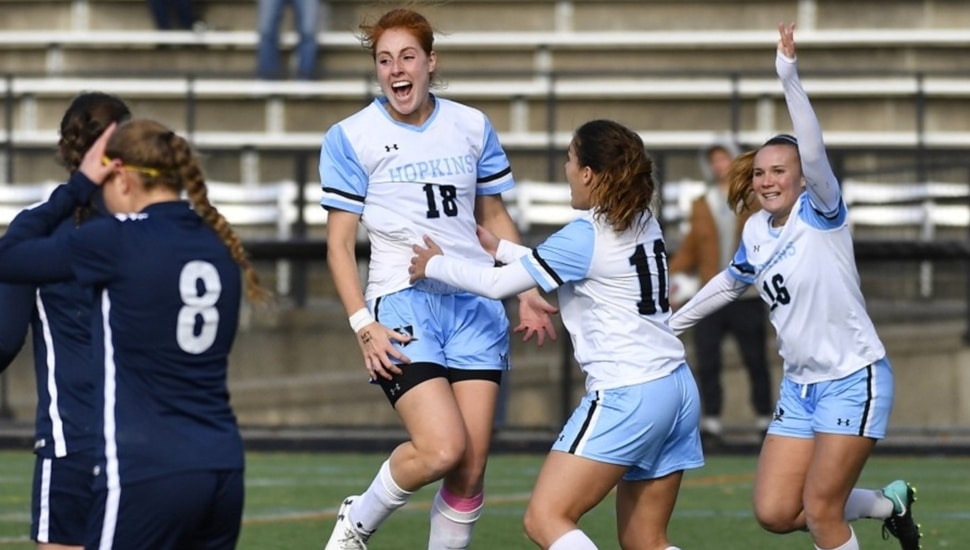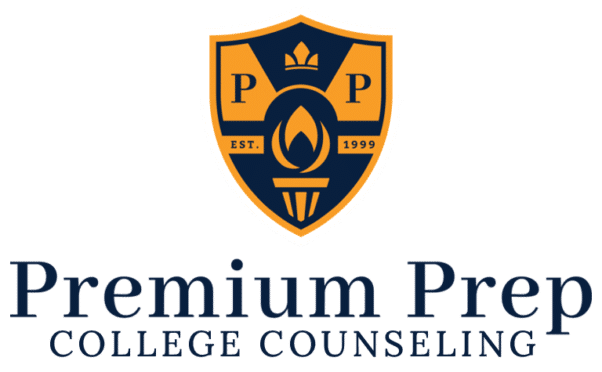Considering College Athletics: Tips for the College-Bound Student-Athlete

From a pool of over 8 million high school athletes, more than 520,000 go on to play for almost 20,000 college teams. Division III teams, alone, include over 200,000 student-athletes. The relationships built, memories made, and lessons learned through competitive sports are life-changing for many student-athletes.
If you’re wondering about whether to continue to play your sport in college, but you don’t know where to begin, considering a path of potential athletic recruitment adds another layer to the process of finding the right fit.
Finding Fit
Finding colleges that are a great fit begins with academic considerations. The size of the school and location, both in terms of distance from home and campus setting, are also important factors in fit. When learning about the program for your sport, look at the division, conference, and competitiveness of the team. How does your level of play compare? Are you hoping to be recruited, excited about the possibility to walk on or interested in playing for a college club team? Don’t forget to think broadly about student life, including the clubs and organizations on campus, internships, and social life. Conversations about cost are also important family discussions as you learn about need-based financial aid and merit or athletic scholarships.
The intangible feel of a school is important as you assess fit and build your list. Apply to schools that are a great match for you. For student-athletes, the recruitment process often notes the “ACL test” — strive to find a school where you will grow, thrive, and be happy even if you sustain an ACL injury and can no longer play your sport.
Getting in Front of Coaches
Research the team at each school you are considering. Start by looking at the coaches, schedule, record, and rosters. Where are the players from? What types of teams were they on previously? Are there many transfer students, players right out of high school, or do they have many international athletes? Most importantly, talk to your own coaches. They know your level of play best and can provide valuable insight about programs that would be a good fit.
Begin outreach to college coaches by completing their recruiting questionnaires and sending introductory emails. Depending on your sport, include your highlight film or a summary of times in your key events. College coaches can see you play at showcases, tournaments, and ID camps, as well as come to your own games, meets, and matches. They will not only look at your skills and abilities, but also your work ethic, sportsmanship, and attitude in moments of challenge and triumph. Build and maintain relationships with college coaches through correspondence and continue to keep them updated.
Additional Guidelines
- Timelines for the formal recruitment process vary by sport and by division. There are strict guidelines for when coaches in Division I or II can reach out prospective players by phone, text, or email. Division III coaches have more flexibility with communication.
- It is important to register with the NCAA Eligibility Center if you are interested in playing on a team in Division I or II. There are also academic guidelines for high school courses that student-athletes must fulfill.
- As part of a recent settlement in the summer of 2024, scholarship limits will be eliminated in all sports, and roster limits will be established. The new roster limits vary by sport.
- As of July 1, 2023, recruited athletes no longer have a limit to the number of official visits they can make to Division 1 schools. (This was previously restricted to five official D1 visits.)
- In early 2023, the NCAA eliminated standardized testing as a requirement for athletic eligibility. However, some colleges require standardized testing in their admissions process, and others schools have announced a return to required testing for the class of 2026.
Pursuing athletics at the collegiate level can be transformative, but it requires thoughtful consideration and preparation. By thoroughly researching programs, understanding the recruitment process, and evaluating how well each institution aligns with your personal and athletic goals, you can set yourself up for a rewarding college experience. Remember that the journey is not just about continuing to compete in your sport but also about finding a college where you will thrive both on and off the field, court, rink, or pool. As you explore potential programs and connect with coaches, work to align your athletic goals with a program that supports your academic and personal growth.
For personalized guidance tailored to your unique goals and needs, schedule a free consultation with Premium Prep College Counseling. Our experts are here to help you navigate the complexities of athletic recruitment and ensure you make informed decisions every step of the way. Your future as a student-athlete is full of potential and promise.
Connect With Your Community
Subscribe for stories that matter!
"*" indicates required fields
























